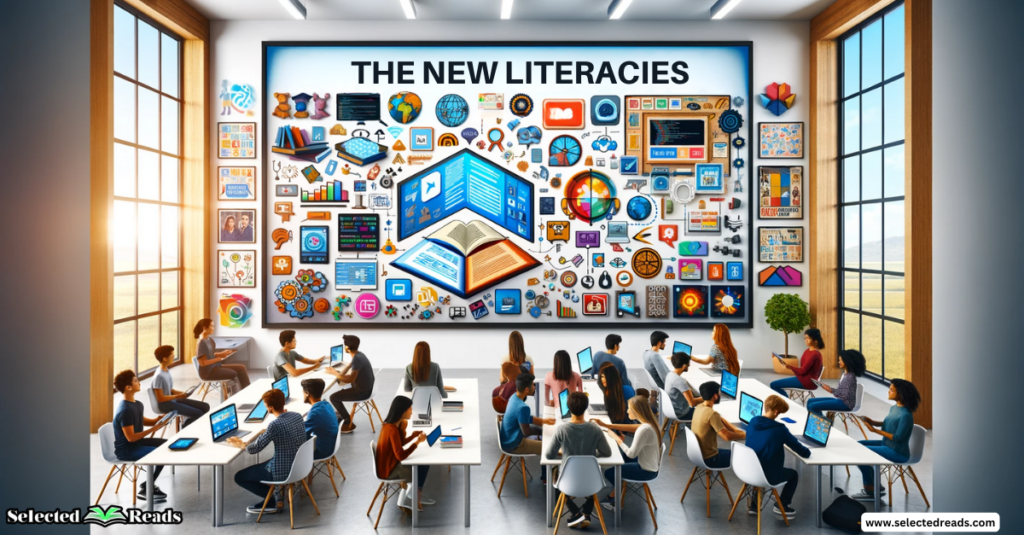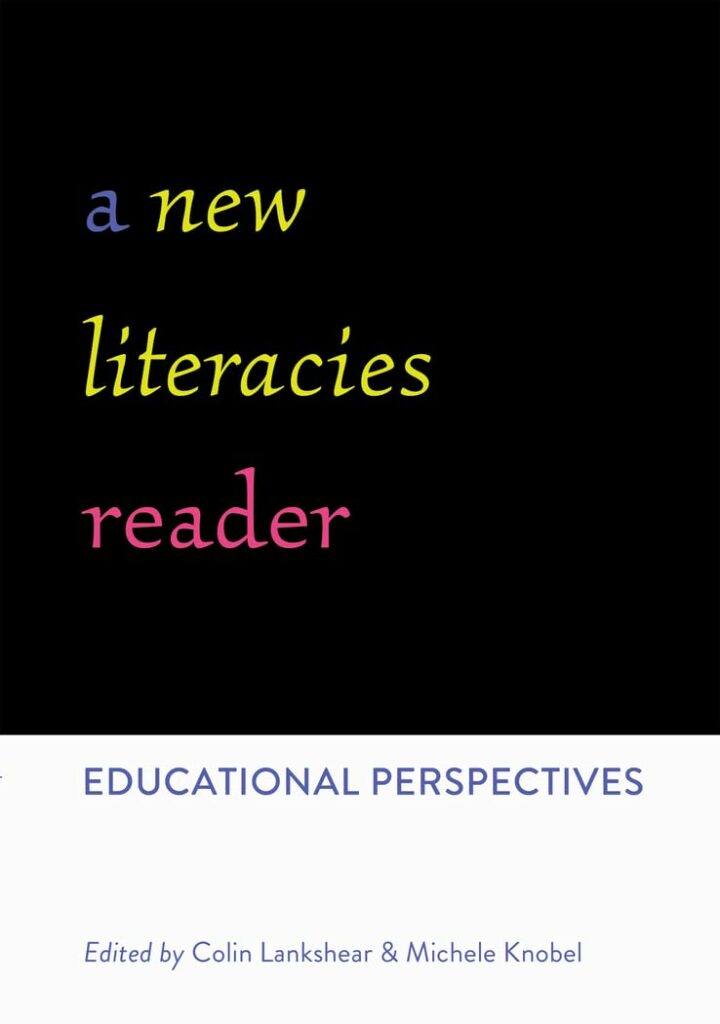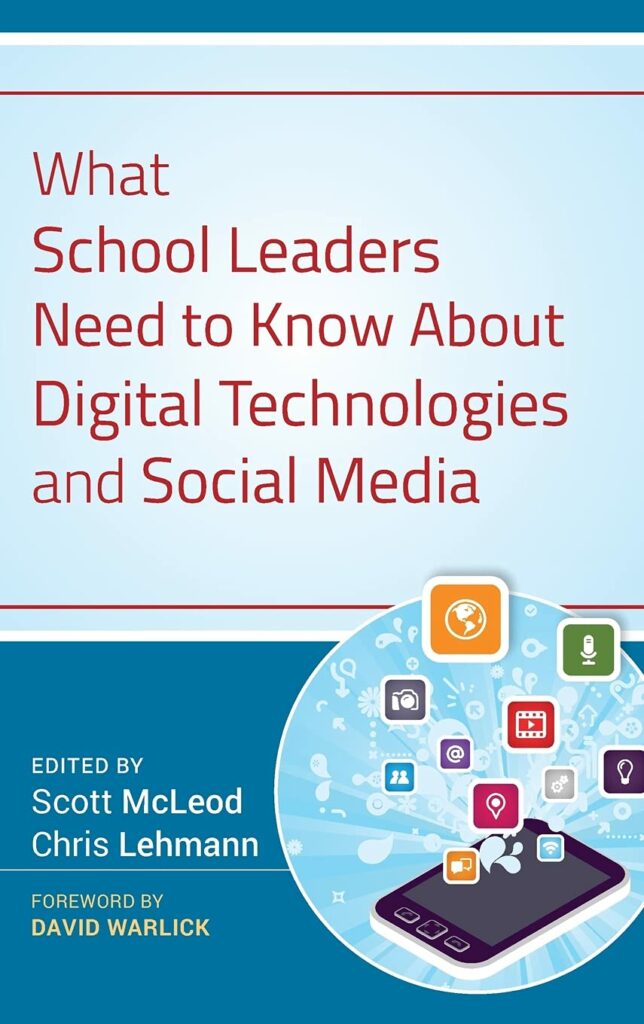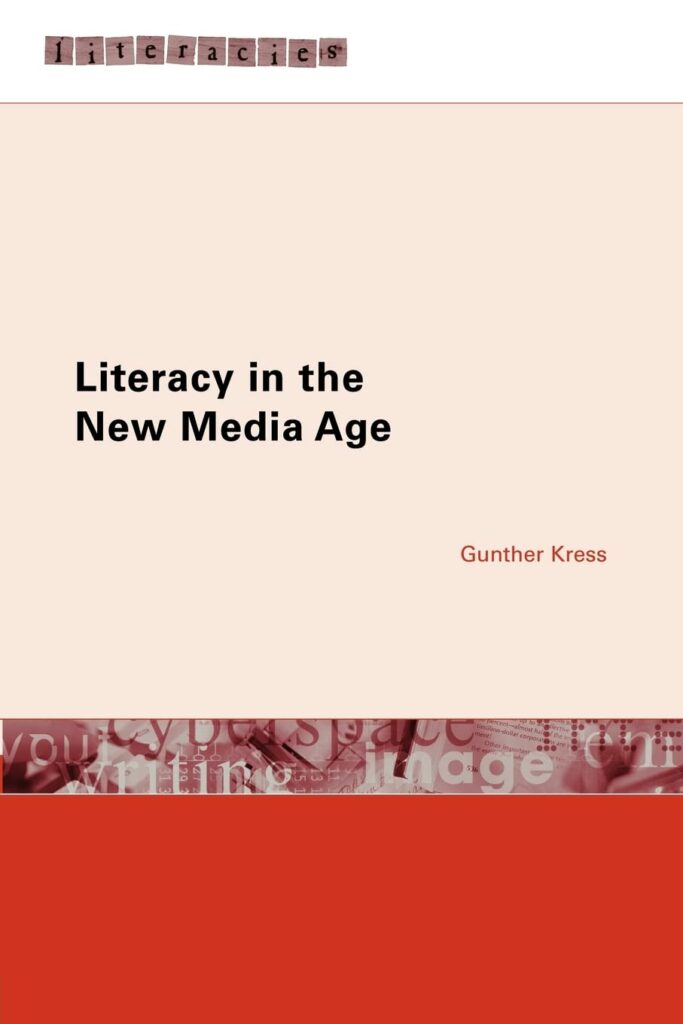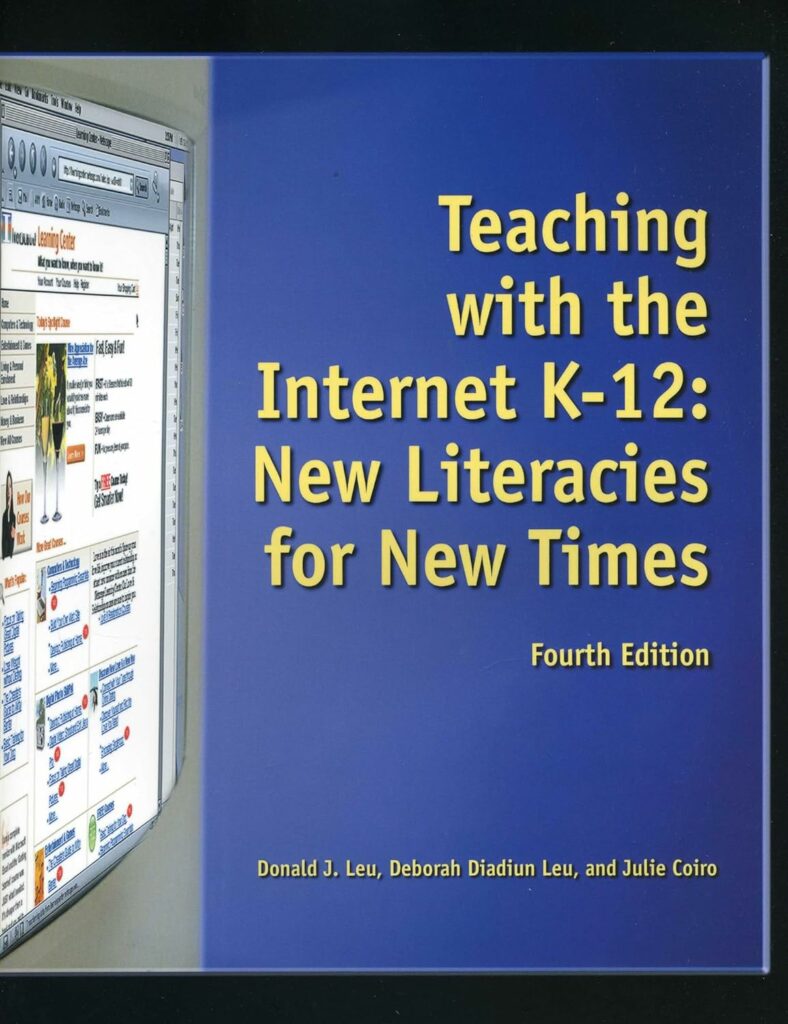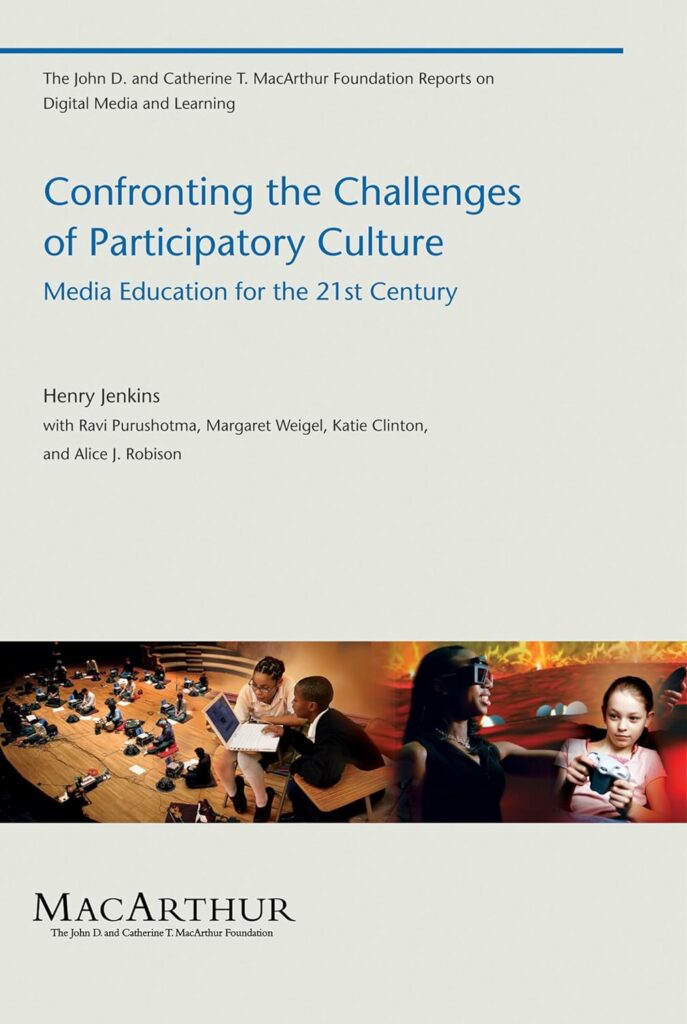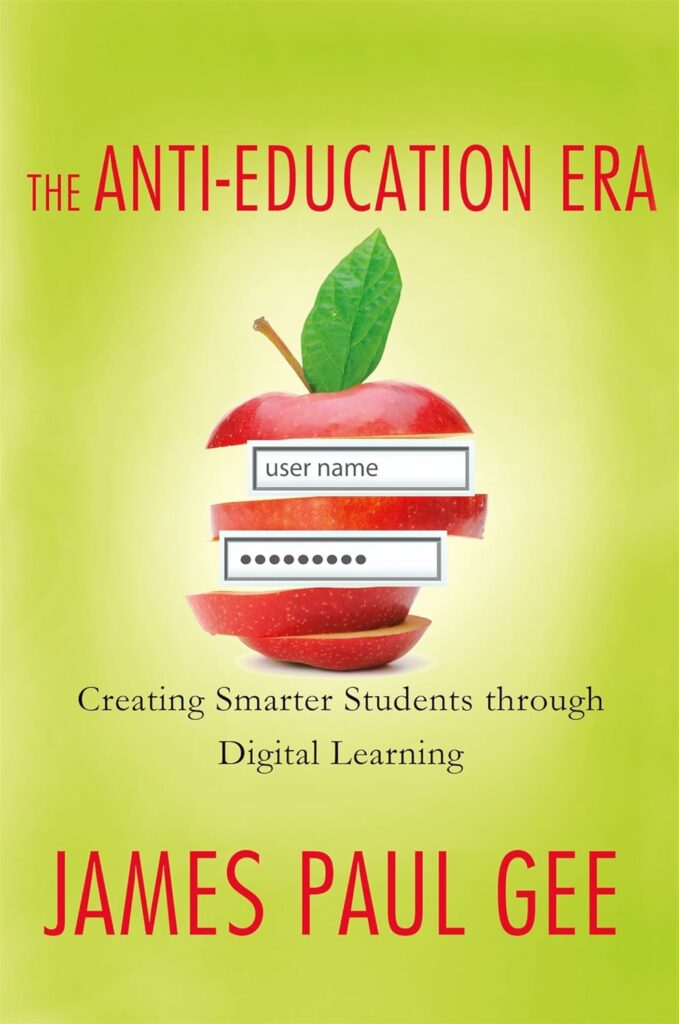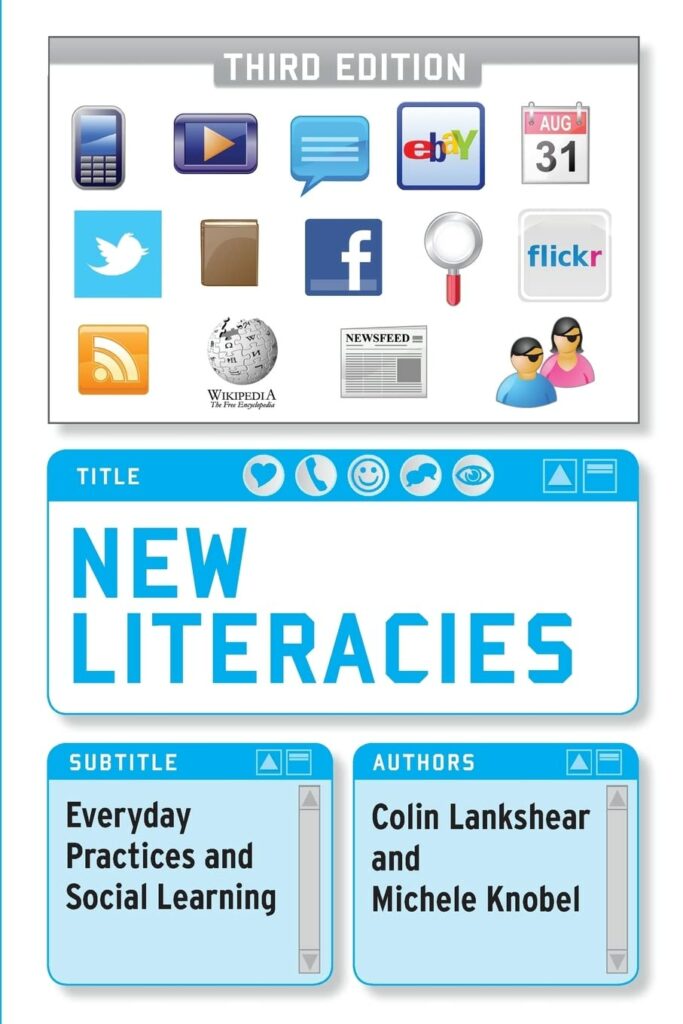The concept of ‘new literacies’ has become increasingly significant, particularly in the context of digital and media literacy. As an educational researcher, I’ve had a deep interest in this area, something that was a significant part of my academic journey. During my Master’s thesis at Mount Saint Vincent University in Halifax, I delved into the intricacies of new literacies, exploring how they reshape our understanding of learning and teaching in the digital age.
My exploration into new literacies didn’t just end there; it continued into my doctoral research. I had the immense privilege of having two renowned experts in the field, Michele Knobel and Colin Lankshear, as members of my doctoral committee. Their guidance and mentorship were invaluable in my academic and professional development.
Michele, in particular, left a lasting impact on me. Her passing in the midst of my doctoral studies was a profound loss, not just to me but to the entire educational community. Michel’s contributions to the field of new literacies and to my personal and academic growth were immense, and her memory and legacy continue to inspire me.
In this blog post, I want to share some key books that have shaped our understanding of new literacies. These books provide a wealth of knowledge for educators, researchers, and anyone interested in the intersection of literacy, technology, and education. Each of these works offers unique insights into how digital media and technology are transforming the ways we think about reading, writing, and communication in the 21st century. They are essential reads for those looking to stay abreast of the rapidly changing landscape of literacy and education.
Books on New Literacies
Here are some of the best academic books on new literacies:
1. A New Literacies Reader: Educational Perspectives, by Colin Lankshear (Editor), Michele Knobel (Editor)
This compilation serves as an insightful introduction to the study of new literacies from educational and social viewpoints. It delves into how involvement in new literacies’ social practices contributes to becoming adept in contemporary ways of ‘doing’ and ‘being.’ The book’s diverse chapters touch on topics ranging from multimodal pedagogies and digital storytelling to the implications of wireless environments on learning. It offers a rich examination of how young people engage in popular cultural spaces and the various methodologies for researching gaming, making it a crucial resource for understanding the integration of new literacies in education.
2. What School Leaders Need to Know About Digital Technologies and Social Media, 1st Edition, by Scott McLeod (Editor), Chris Lehmann (Editor), David F. Warlick (Foreword)
This comprehensive guide helps integrate technology into K-12 education, covering a range of digital tools such as blogs, wikis, podcasts, and educational gaming. It provides practical examples of technology use in education and discusses advanced applications, highlighting how these tools can transform learning and teaching processes. Each chapter offers insights from educational technology experts on the effective use of social media, mind mapping, mobile phones, and more in the classroom. This book is an invaluable resource for educational leaders aiming to effectively embed digital literacy and technological tools in their schools.
3. Literacy in the New Media Age (Literacies), by Gunther Kress
In this groundbreaking work, Gunther Kress explores the profound shift in communication mediums from the book to the screen in the ‘new media age,’ placing image at the center of communication, rather than writing. Kress discusses the social, economic, communication, and technological factors behind this change and its implications for the future of literacy. The book examines the potential social and cultural effects of this shift, arguing for the significant changes in power dynamics it could bring. It’s a thought-provoking read for anyone interested in literacy’s evolution in our increasingly digital world.
4. Teaching with the Internet K-12: New Literacies for New Times, Fourth Edition, by Donald J. Leu Jr. (Author), Deborah Diadiun Leu (Author), Julie Coiro (Author)
This edition guides educators in utilizing the Internet to enhance learning and discovery in the classroom. It opens with real classroom scenarios, providing multiple examples of how teachers are leveraging the Internet in innovative ways. The book offers insights into thoughtful Internet use in educational contexts and encourages creating opportunities for students to engage with new literacies. It’s a practical and inspirational resource for teachers looking to enrich their teaching methods with internet-based tools and strategies, emphasizing student participation and expertise in new literacies.
5. Confronting the Challenges of Participatory Culture: Media Education for the 21st Century, by Henry Jenkins (Author), Ravi Purushotma (Contributor), Margaret Weigel (Contributor)
“Confronting the Challenges of Participatory Culture” dives into how today’s teens engage with participatory cultures online, such as social media communities, fan creation, and collaborative knowledge-building like Wikipedia. The book emphasizes the educational benefits of such activities, including peer-to-peer learning and development of skills vital in the modern workplace. It advocates for addressing the digital divide by focusing on access to participatory culture and opportunities for developing cultural competencies and social skills. The authors suggest a systemic approach to media education, involving schools, afterschool programs, and parents, to foster these essential skills in young people.
6. Handbook of Research on New Literacies, 1st Edition, by Julie Coiro (Editor), Michele Knobel (Editor), Colin Lankshear (Editor), Donald J. Leu (Editor)
This comprehensive handbook is a pivotal resource at the intersection of literacy and technology. It provides an extensive overview of new literacies, involving diverse international authors and covering a wide range of topics like methodologies, communication, popular culture, instructional practices, and assessment in the context of new literacies. Unique to this handbook is a Commentary section, offering critical reviews of central research studies from various theoretical perspectives, making it an essential read for researchers and students in literacy, education, information science, and related fields.
7. New Literacies in Action: Teaching and Learning in Multiple Media, by William Kist (Author), Celia Genishi (Series Editor), Dorothy S. Strickland (Series Editor)
William Kist’s “New Literacies in Action” explores how teachers incorporate the study and production of texts across multiple media in their classrooms. It examines innovative teaching methods where the final project might range from sculptures to films or websites. The book provides practical guidance, lessons, assignments, and assessments used successfully in pioneering classrooms. It’s a valuable resource for educators seeking to expand their students’ literacy beyond traditional texts and embrace diverse media forms.
8. The Anti-Education Era: Creating Smarter Students through Digital Learning, by James Paul Gee (Author)
In “The Anti-Education Era,” James Paul Gee discusses the potential and pitfalls of digital and social media in education. He argues that while today’s schools are keen to adopt the latest technology, it can sometimes limit students’ learning horizons. Gee proposes the concept of synchronized intelligence, a combination of human creativity and technological tools, to overcome the limitations of current educational systems. This book is a call to reshape digital learning and engage students meaningfully, emphasizing the importance of collective intelligence to solve complex global challenges.
9. The New Literacies: Multiple Perspectives on Research and Practice, 1st Edition, by Elizabeth A. Baker (Editor), Donald J. Leu (Foreword)
This volume offers fresh insights into literacy teaching and learning in the context of modern K–12 classrooms, focusing on technologies and literacies like social networking sites, text messaging, and online communities. It presents cutting-edge approaches to integrating technology with traditional reading and writing instruction. The book examines new skills and strategies needed to engage effectively with digital texts, exploring new literacies through multiple theoretical lenses, including behavioral, semiotic, cognitive, sociocultural, critical, and feminist perspectives.
10. New Literacies: Everyday Practices and Social Learning, 3rd Edition, by Lankshear (Author)
“New Literacies: Everyday Practices and Social Learning” offers a comprehensive look at literacies as social practices in the rapidly evolving field. It provides a detailed analysis of popular everyday ways of generating, communicating, and negotiating meanings in the digital age. The book discusses collaborative online writing resources, blogging practices, digital remix, social learning, and the significance of online social networking. It is an essential read for those interested in understanding how literacy practices are evolving in the context of digital media and social learning.
Related: Best EdTech Books for Teachers and Educators
Final thoughts
The works we’ve discussed offer invaluable insights into how technology and media are reshaping the way we teach, learn, and communicate. They highlight the importance of adapting our educational practices to meet the demands of a rapidly changing world.
The journey through new literacies is not just an academic pursuit but a practical necessity for educators, students, and researchers alike. It’s about preparing for a future where digital literacy is as fundamental as traditional literacy. The authors and works discussed here provide a roadmap for navigating this new terrain, offering strategies, theories, and practical applications that can enhance our understanding and practice of education in the 21st century.
As we reflect on these readings, let’s remember the contributions of scholars like Michele Knobel, whose work has left an indelible mark on the field. Her legacy, along with the ongoing work of many others in this field, continues to guide and inspire us.
In embracing new literacies, we’re not just adapting to change; we’re also shaping it. We’re preparing ourselves and our students to thrive in a world where communication, collaboration, and creativity are key. Let’s continue this journey with open minds and a willingness to explore, learn, and grow in our understanding of new literacies.
P.S. Book covers are sourced from Amazon



